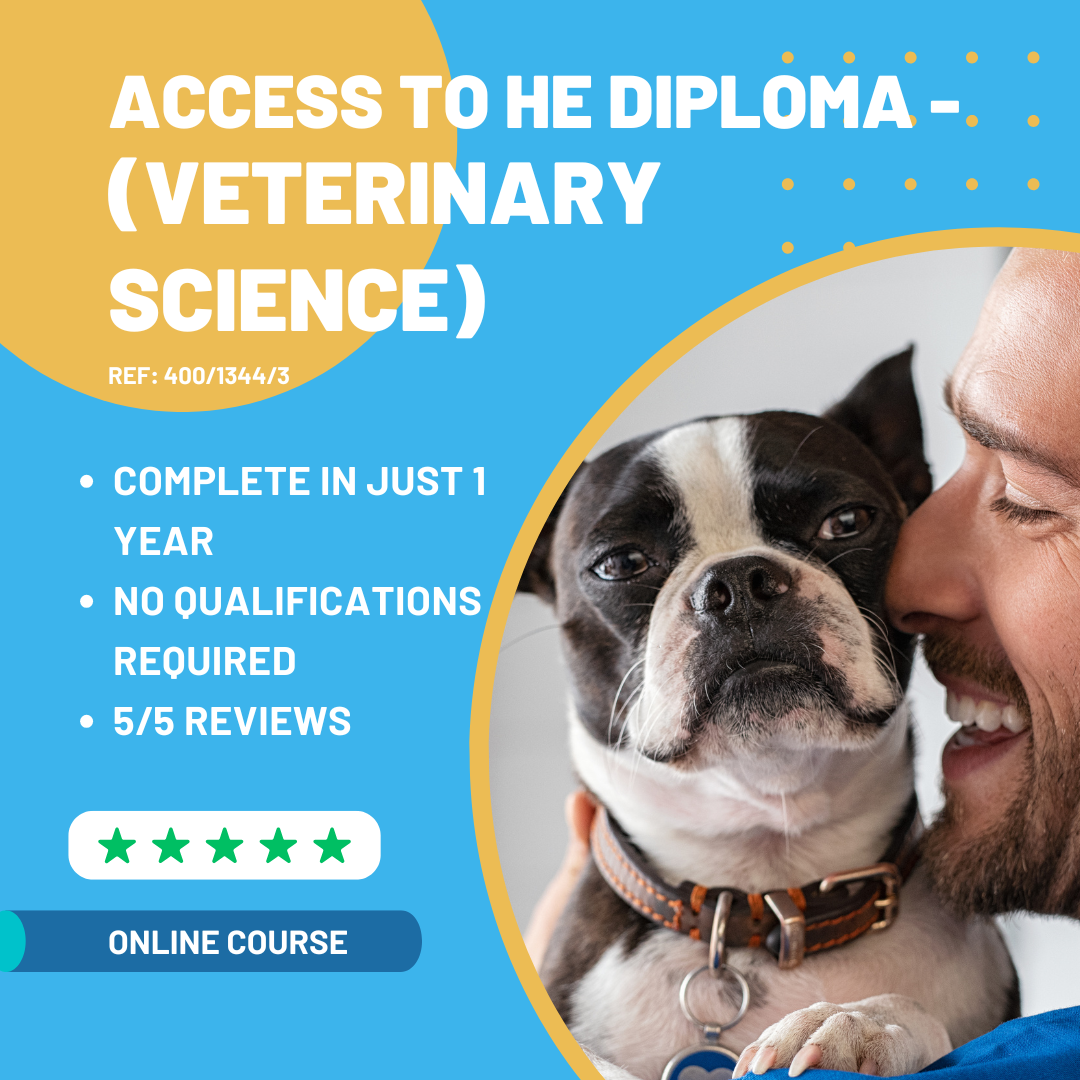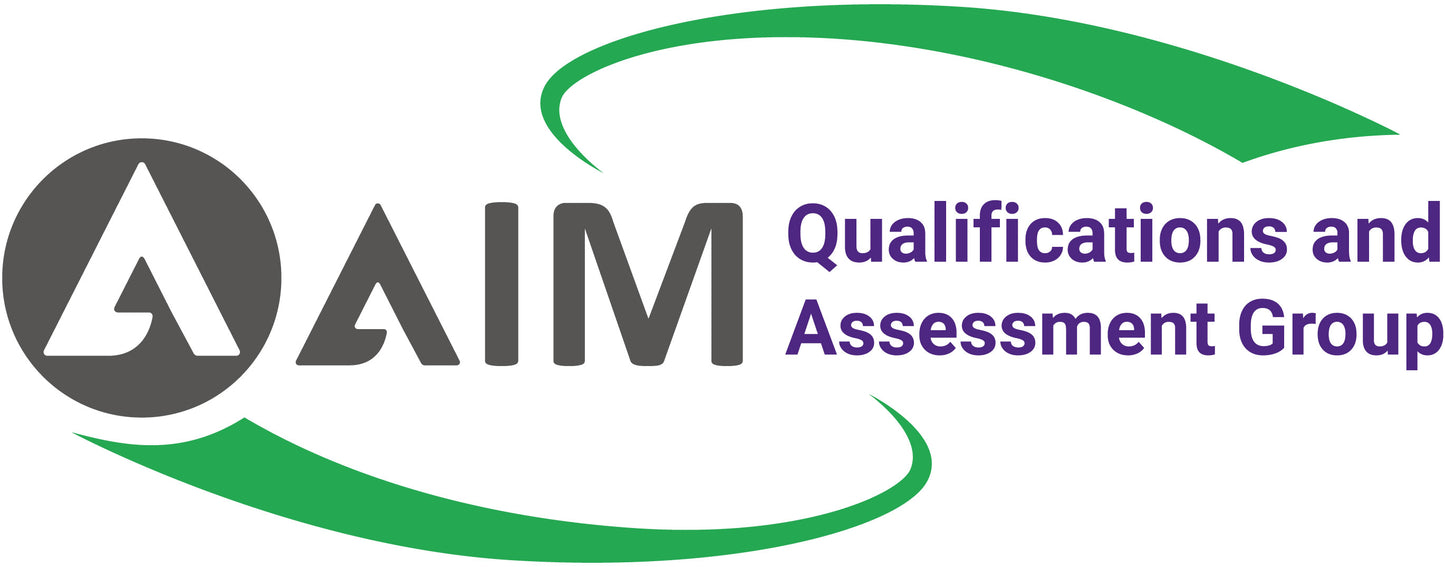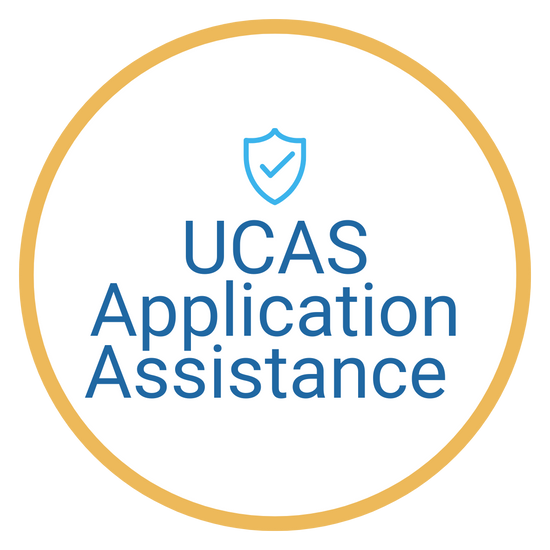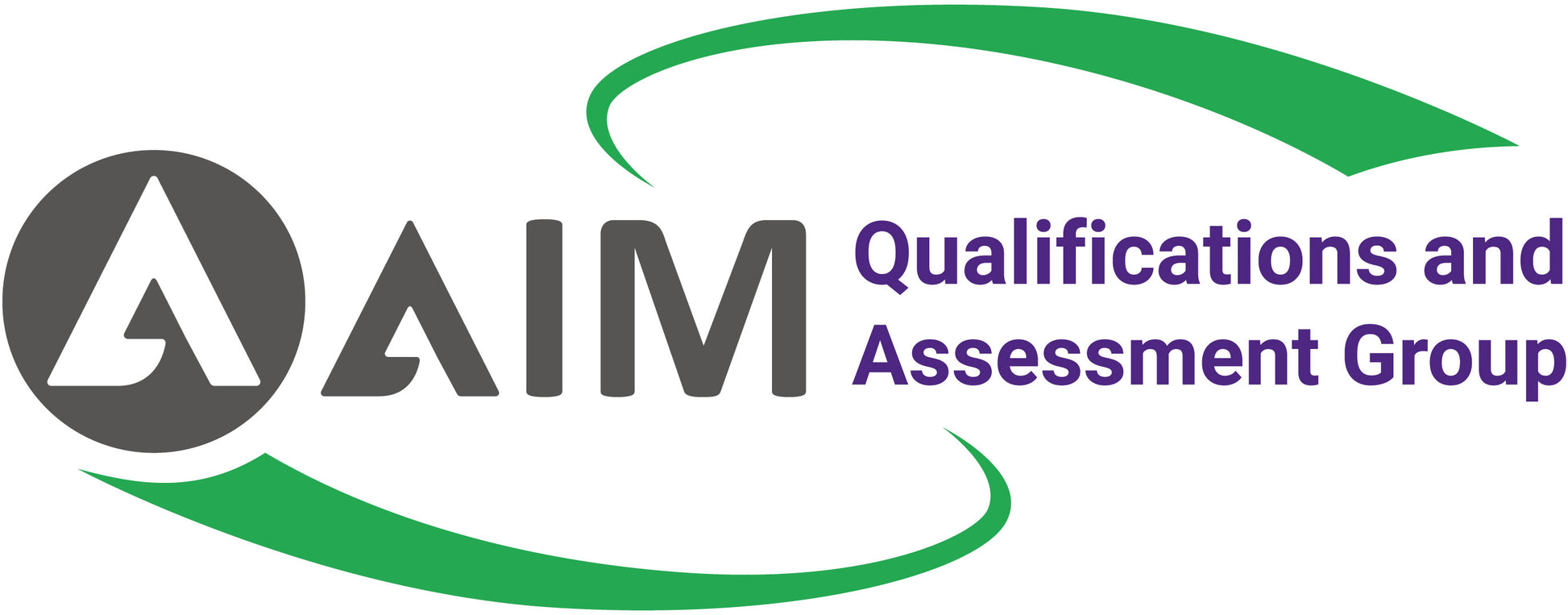AccessCoursesOnline
Access to HE Diploma (Veterinary Science)
Access to HE Diploma (Veterinary Science)
Couldn't load pickup availability
Course Outline
Course Outline
By completing this diploma you will:
- Build knowledge of animal anatomy, physiology, behaviour, and nutrition.
- Learn how animal health and disease are understood and managed.
- Explore the professional and ethical responsibilities of veterinary practitioners.
- Develop transferable skills such as research, data handling, problem-solving, and academic writing.
- Prepare for progression to university degrees in veterinary or animal sciences.
This course is accepted by universities across the UK and awarded by AIM Qualifications and Assessment Group.
Modules
Modules
Academic Study Techniques (6 credits)
Gain the core academic skills needed for success at university. You’ll learn how to plan and structure essays, take clear notes, reference sources properly, and manage your workload effectively. This unit builds your confidence in academic writing, research, and study independence.Progressing to Higher Education (3 credits)
This unit prepares you for applying to university. You’ll explore the admissions process, how to write a strong personal statement, and how to prepare for interviews. It also helps you reflect on your own goals and aspirations, building confidence for progression.Develop Critical Thinking (3 credits)
Learn how to question assumptions, evaluate arguments, and analyse evidence. You’ll practise logical reasoning and independent thought — essential skills in veterinary and scientific study.Independent Research (3 credits)
Gain practical experience of designing and carrying out a small research project. You’ll choose a topic, gather evidence, analyse data, and present your findings, developing the skills required for larger projects at degree level.Roles and Responsibilities of Veterinary Practitioners (6 credits)
Understand what it means to be a veterinary professional. This unit explores the day-to-day duties of vets and veterinary nurses, including diagnosis, treatment, surgery, and client care. You’ll also study the ethical and legal responsibilities of practitioners, giving insight into the professional world you may be entering.Understanding Animal Behaviour (3 credits)
Explore how and why animals behave as they do. You’ll study instinctive and learned behaviours, communication, social structures, and responses to environments. The unit also considers how behaviour affects welfare and how understanding it supports veterinary practice.The Evolution of Multicellular Animals (3 credits)
Examine how animals evolved from simple organisms to the diversity of species we see today. Learn about evolutionary theory, adaptation, and the classification of animal groups. This unit provides the biological context for modern veterinary science.Aspects of Animal Biology (3 credits)
Study the fundamental principles of animal biology. Topics include cells, tissues, organs, and systems, giving you a broad overview of the biological foundations of animal life.Animal Health and Disease (6 credits)
Investigate the causes and effects of animal diseases. You’ll study pathogens, the immune system, and methods of prevention, diagnosis, and treatment. This unit develops understanding of veterinary challenges in maintaining animal health.Animal Nutrition and Digestive Systems (6 credits)
Understand the role of diet and digestion in animal health. You’ll explore the structure and function of digestive systems across species and the nutritional requirements for growth, maintenance, and reproduction. The unit highlights how nutrition supports health and prevents disease.Animal Physiology (3 credits)
Examine how animals’ bodies function. This unit covers major systems such as circulatory, respiratory, excretory, and nervous systems, helping you understand how animals maintain life and respond to their environment.Biochemistry (3 credits)
Study the chemistry of living organisms. Topics include proteins, enzymes, carbohydrates, lipids, and nucleic acids, as well as metabolic processes such as respiration. This unit provides essential scientific background for veterinary and biological sciences.Research Topic (6 credits)
Undertake an independent project on a veterinary or animal science subject. You’ll design a research question, collect and analyse evidence, and present your findings in a structured format. This unit develops self-directed learning and research skills vital for university.Conservation (3 credits)
Explore the importance of conserving biodiversity and ecosystems. This unit considers how human activity affects animal populations, and the role of conservation in maintaining species and habitats. It also connects veterinary science with wider environmental concerns.Statistical Techniques (3 credits)
Develop your ability to collect, analyse, and interpret data using statistical tools. You’ll learn how to present findings clearly and accurately, skills essential for scientific research and evidence-based veterinary practice.
Enrolment Requirements
Enrolment Requirements
There are no formal entry requirements. However, learners are normally expected to be working at:
Level 2 in English
Level 2 in Mathematics
At Access Courses Online, we provide advice and guidance to ensure this is the right course for you and that you are prepared to succeed.
Assessments
Assessments
The diploma is assessed through coursework, not exams. Assignments may include:
Essays and reports
Case studies
Research projects
Presentations
Reflective writing
To achieve the qualification you must complete 60 credits:
45 graded credits at Level 3 (Pass, Merit, or Distinction).
15 ungraded credits at Level 2 or 3.
Your work will be marked by tutors, with feedback provided throughout. Final grades are confirmed by an Examination Board and externally moderated by AIM for fairness and consistency.
Qualification
Qualification
On successful completion, you will receive a QAA-recognised Access to Higher Education Diploma (Veterinary Science), Level 3 (OFQUAL Ref: 400/1550/6).
The diploma is awarded by AIM Qualifications and Assessment Group, regulated by Ofqual, the QAA, and Qualifications Wales. It is widely accepted by universities across the UK for entry into animal and veterinary science courses.
Careers
Careers
With this diploma, you can progress to degrees such as:
Veterinary Medicine (competitive entry at selected universities)
Veterinary Nursing
Animal Science
Zoology
Bioveterinary Science
Animal Behaviour and Welfare
Conservation Biology
From there, potential careers include:
Veterinary Surgeon – diagnosing, treating, and preventing illness in animals.
Veterinary Nurse – delivering care and support in clinical settings.
Animal Welfare Officer – promoting welfare and enforcing animal protection laws.
Zoologist or Animal Behaviourist – studying animal biology, behaviour, and ecology.
Conservation Scientist – working to protect species and ecosystems, often in collaboration with vets.
Bioveterinary Scientist – researching animal health, disease, and biotechnology.
This diploma is the first step to a rewarding career dedicated to animal health, welfare, and science.


Our Guarantees
-

Affordable Learning
We offer flexible payment plans to make learning more accessible and affordable. Spread the cost of your course over manageable monthly payments, so you can focus on achieving your goals without financial stress.
-

Application Support
We provide UCAS application support to help you navigate the university admissions process with confidence. From personal statement guidance to application tips, we’re here to support your journey to higher education.
-

Exam Free Learning
Our courses are completely exam free. Instead of exams, you'll complete assignments and coursework designed to develop your knowledge and skills in a supportive and flexible learning environment.
Meet your expert friendly tutor
FAQs
Veterinary Science
Can I get into vet school after doing an Access to Higher Education Diploma in Veterinary Science?
Absolutely — the Access to Higher Education Diploma in Veterinary Science is recognised by many UK universities and is designed to prepare students for further study in veterinary medicine. The course helps build the foundational knowledge in biology, animal care, physiology, and other relevant scientific areas, alongside coursework and assignments, which are essential for vet school. However, university admission also depends on other factors like work experience with animals, a strong personal statement, and meeting the specific entry requirements of the university you
apply to. Always check the vet schools you’re interested in to read their entry requirements – do send them to us to get in writing that what we offer will work for you.
Do I need practical experience (work/volunteering) with animals before applying for this diploma or vet school?
No but it’s an idea to seek works experience - practical experience working with animals (whether paid work, voluntary roles, shadowing, or relevant hands-on experience) is very helpful, both for doing well in the Diploma and for strengthening your vet school application. It shows you understand what veterinary work involves, helps you decide if it’s the right path for you, and gives you real examples and reflections to include in your university application. While the diploma itself often includes practical elements, seeking additional experience outside the classroom will give you an extra edge.
What science and maths subjects do I need to succeed in a Veterinary Science Access Course?
To succeed in a Veterinary Science, you’ll need a solid foundation in biology (often including topics like cell biology, anatomy, physiology), chemistry, and usually maths (basic algebra, statistics, or quantitative skills). Some university modules may also require understanding of physics or environmental science, depending on the course. Since the Diploma is at level 3, being comfortable with scientific thinking, lab work, data interpretation, and mathematics will help you greatly. If you feel weaker in any of these, tutors will be available to help you catch up or provide extra support – our chosen units include all of these topics for the very reason we want you to be fully prepared for your university degree.
Tutoring
Who will be my Tutor?
We have professionals that are current in their practice of their chosen fields to support you. For example, you will be able to take directly to a Midwife/Nurse and get guidance and support directly from these professionals as you complete your course.
This is on top of a Faculty Leader in Science who has worked as a Science Teacher for more than 10 years.
Will I get some 1:1 support?
Yes! We help our students personally navigate their career options with online video calls and messenger chats.
We provide 1-1 specialist support to you when you need it.
Working in partnership with you, we will provide a personal service of meeting individual educational needs and career options.
Experience
Do I need to be ‘good’ at science?
You experience of science at school will likely be in an exam-based system that places high importance on being able to remember knowledge and ‘perform’ under exam conditions. This course is completely different, instead of covering vast discipline of science this course focussing on the key foundation knowledge that you’ll need in the next step of your learning journey. Teaching difficult concepts is our expertise, we will meet you where you are and get you where you need to be. By the end of the course, you’ll love science and have produced some useful learning resources to take you into your next stages of study.
I’m anxious about sitting exams, will I have to sit exams either face-to-face or online?
This course is completely online, and you’ll be glad to hear that there are no exams. The course leader will assess your understanding and knowledge of the subject but setting you assessments with clear criteria and assessment descriptors. You will submit your assignment for grading, either ‘pass’, ‘merit’ or ‘distinction’.
I’m nervous to present or talk to the group online, will I be forced to do this?
We will meet you where you are, if you want to develop this skill ready for university then we can arrange smaller group sessions or one-to-one sessions to support you, or you can choose an alternative format for your presentation. We want you to feel comfortable and supported on this course.
University
Will I have support applying for university?
Absolutely, we will hold your hand every step of the way, you can talk to us about course choices, we’ll help proofread your personal statement, provide references. As promised, we will get you to university.
I haven’t decided which exact route I’d like to take within the profession, does it matter?
No, not at all, we’ll introduce you to a number of different professionals within the health services so you can hear about their journey, experience and careers.
Lessons
Will I have to do practical experiments at home?
The investigation skills unit is based around a practical investigation of red peppers. The equipment that you’ll need is limited to things you’d find in your kitchen but you don’t need to carry out the investigation yourself if you don’t want to as your course leader will demonstrate it.
What are the assignments like?
We set a variety of assignments that will set you up with skills that will be useful in your future studying and career. We encourage essay writing with referencing, but don’t worry, we’ll show you how! We also set presentations, video tasks, leaflet and poster design and we show you how to use great free tools like Canva to make it super easy.
Do I have to attend live lessons and switch my camera on?
No, not at all. Many of our students are busy people working shifts and managing several commitments. You can watch the session recordings and then arrange a time to meet with your tutor to ask any questions or get further support. As for the camera, switch it on if you feel comfortable, don’t worry if not. We’ve created a culture of supportive and collaborative students in our online community, but all approaches are respected and accepted. Do what makes you feel comfortable.
Student Review
“I studied Nursing and enjoyed learning about nursing in depth. The tutor support was excellent, and the course materials were very good. One of the most interesting topics for me was the history of the NHS—I learned in detail about its formation. With this course, I feel a step closer to becoming a Registered General Nurse. It was easy to understand, and the support was excellent, so I would recommend it to others.”






